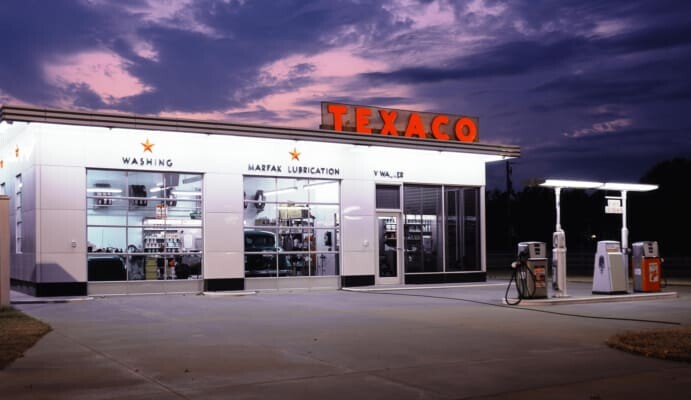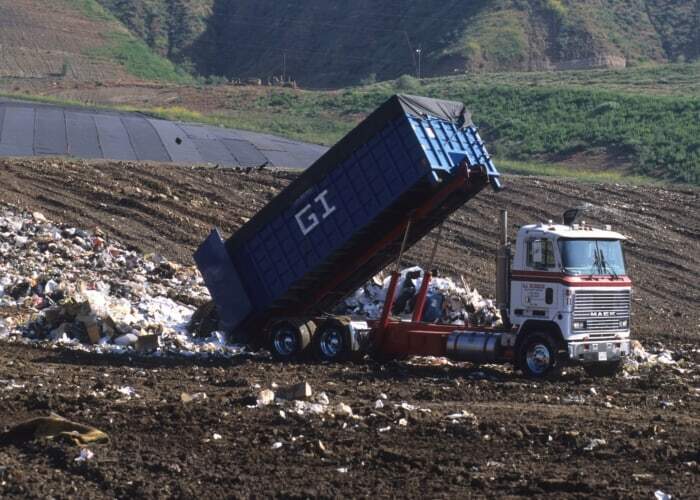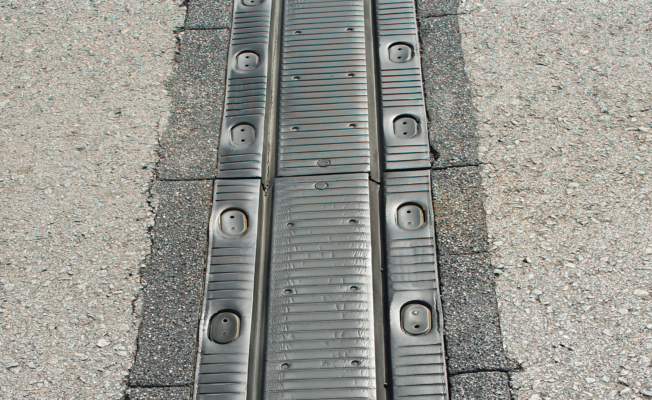Parking garage sealant
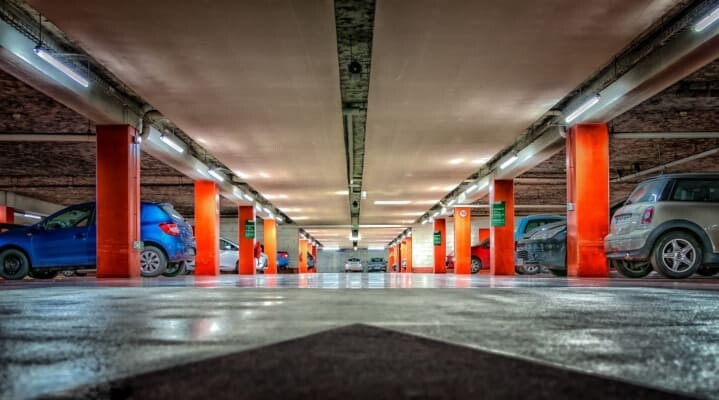
Parking garage sealant for higher durability
Parking garages are usually concrete constructions whose floors consist of concrete fields. These concrete structures include control and isolation joints which require a special parking garage sealant. The parking garage joint sealants contribute to the durability of the concrete structures increasing the overall durability of the garage.
Parking garages are subject to temperature fluctuation, occasional fuel and other chemical spills, heavy mechanical loads and traffic. Therefore, the parking structure sealant must be one that does not deteriorate as an effect of the aforementioned factors.
Desired parking structure sealant properties
Parking garage sealant systems are suitable for sealing parking structure joints in new concrete and for repairing damaged or cracked concrete or asphalt. Both of the parking garage joint sealant applications call for a certain set of properties. These include the following.
- Flexibility: parking garage caulking and sealing should be realized with a product that retains its flexibility even when subject to temperature changes. The fluctuation in temperature can cause movement of the concrete fields, meaning that the joints also move. The sealant should live with the movement instead of cracking or tearing.
- Chemical resistance: fuels and oil or occasional spills of other chemicals should not affect the sealant, but it should retain its strength and sealing properties even when it becomes subject to coolant fluids, road salt or fuel spills.
- Heavy load bearing capacity: the garage sealant is not to be affected by the weight of cars that are parked in the garage. Note that a stronger sealant may be necessary if buses, trucks and other heavy vehicles have access to the parking lot.
- Abrasion resistance: also abrasion resistance is of high importance as the concrete and the parking structure sealant are subject to almost continuous traffic, comparable to that on bridges. The traffic is caused by cars and other vehicles driving in and out the garage.
3 types of parking garage sealant systems
Due to the different requirements a parking garage may have, there are several types of sealants that are suitable. Here we will introduce three of the most common parking structure sealant systems.
- Polysulfide: tough sealants with extremely high resistance to chemicals, especially fuels and motor oil. Also common at gas stations. When an even stronger and tougher system is needed, epoxy can be added to the formula.
- Polyurethane: top of the class in flexibility but lacks superior chemical resistance. Polyurethane sealants are among the most common parking structure sealant systems.
- Modified silane polymer: chemical resistant like conventional silicone sealant systems with additional abrasion and mechanical stress resistance. Also, flexible like polyurethane.
Tip: where fast repairs are necessary, consider special products designed for speedy concrete repairs. Contact us for custom solutions that fill the needs of specific applications.
Factors that affect the choice of parking structure sealant
The choice of parking garage sealant not only is based on the product type and its physical properties but also on other, practical factors. When choosing a parking garage sealant, application and curing time as well as overall durability should be considered.
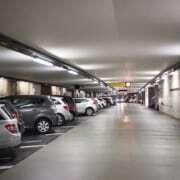
- Application method and time: whether the parking garage caulking sealant is applied to new concrete or as a means of repair, it is good to consider the time it takes and the method through which it is applied. Complex application methods and long application time usually means more downtime.
- Curing time: especially for concrete repairs, it might be beneficial to apply and cure the parking lot sealant as fast as possible to open the area for traffic right after application.
- Need for maintenance: for new concrete, one should opt for a parking structure sealant that lasts long without maintenance. Even though the curing application and curing times of these products may be slightly longer, the garage is not likely to go through downtime any time soon after construction. Minimum maintenance is also important for sealants for ports.
Find the right sealant
Are you looking for the perfect parking garage sealant for your project? Our experts are happy to provide you with assistance in choosing the best possible system, and suggesting solutions. For more information, do not hesitate to contact us!
What solution are you looking for?
We are specialized in the infrastructure and roads. Need the best products or advice? Then please leave your details and we will get in touch.

